Iran offers rare glimmer of hope as $100 oil looms
Oil prices are on track for their biggest monthly gain in almost a year following a series of retaliatory attacks by Yemeni forces in the UAE and Saudi Arabia.
On Moday, Brent crude rose 66 cents, or 0.7%, to $90.69 a barrel, Reuters reported. US West Texas Intermediate crude rose 51 cents, or 0.6%, to $87.33 a barrel.
The benchmarks recorded their sixth straight weekly gain after hitting record highs of $91.70 and $88.84 respectively since October 2014 on Friday.
The market is on alert over the situation in the Persian Gulf where Yemeni forces have recently hit strategic targets, including oil facilities, in the UAE in retaliation for Abu Dhabi's complicity in Saudi-led atrocities.
A Yemeni military spokesman on Monday said the country's army had struck important targets in the UAE with missiles and drones as the country hosted Israel's president Isaac Herzog in the first such visit.
“The UAE will remain unsafe as long as Israeli mercenaries in Abu Dhabi and Dubai continue to launch acts of aggression against our nation and homeland,” Yahya Saree said.
Analysts said bullish sentiment in the oil market will likely prevail this week. A supply crunch and political tensions in Eastern Europe over Ukraine are further driving up the prices.
On Sunday, the United States and Britain threatened new and "devastating" economic sanctions against Russia which is the world's major non-OPEC oil producer.
The world's top oil-producing countries will meet on Wednesday, with an expectation that they will keep to its existing policy of gradual production increases.
Major OPEC producers and non-OPEC allies led by Russia, collectively known as OPEC+, have raised their output target each month since August by 400,000 barrels per day (bpd).
According to several OPEC+ sources, cited by Reuters, OPEC+ is likely to stick with a planned rise in its oil output target for March at its Feb. 2 meeting.
Market watchers say $90 per barrel of Brent may be only the beginning amid questions about OPEC's spare capacity.
Earlier this month, JP Morgan warned that Brent could rise to $125 per barrel as OPEC's spare production capacity falls to four percent of total capacity by the fourth quarter of 2022.
The International Energy Agency's prediction was even more ominous: OPEC spare capacity could fall by half to just 2.6 million bpd in the second half of the year. The biggest oil producer globally, the US, is also pumping less oil than it could.
As a result, "the oil market is heading for simultaneously low inventories, low spare capacity and still low investment", Morgan Stanley analysts wrote in the Wall Street Journal this week.
That means Brent might be headed for $100 by the summer.
Amid the gloom, Iran offers a window of light, but all depends on the results of Vienna negotiations which are reportedly in the homestretch.
The aim of the negotiations is primarily to remove sanctions on Iran and allow the country to sell its oil.
Iran has repeatedly stated in good faith its readiness to increase oil production and stabilize the market.
Minister of Petroleum Javad Owji said recently Iran will return to its pre-sanctions crude production levels as soon as the US sanctions are removed.
Petroleum ministry officials say a removal of the sanctions could bring back 3.8 million barrels per day of Iranian oil to the market over time. They are confident of the country's ability to increase production quickly. One senior official said recently that most output could be restored within a month.
Earlier this month, China reported the first imports of Iranian crude oil in a year despite ongoing sanctions by the United States government.
China brought in 260,312 tonnes of Iranian crude oil in December, according to data from the General Administration of Chinese Customs, which last recorded Iranian oil inflows in December 2020 at 520,000 tonnes.
Gone are the days when the US, under then president Donald Trump, pledged to reduce Iran's oil exports to zero – a wish that has not been fulfilled to date.
Trumpism, however, persists to an extent despite the current US administration's attestations to the contrary.
In November, President Joe Biden said in a memo to the US State Department that there were sufficient supplies of petroleum so other countries can reduce what they buy from Iran.
Also, a group of Senate Republicans on Friday wrote to Biden, urging him to enforce sanctions on Iranian oil tankers. According to the letter, a growing fleet of oil tankers is evading US sanctions and entities are purchasing Iranian oil from these tankers.
“In recent weeks, the Chinese government has openly acknowledged importing millions of barrels of Iranian oil for its strategic petroleum reserves,” the letter said.
“As a result of this surge in oil sales, Iranian currency reserves soared from just $4 billion at the end of 2020 to $31 billion at the end of 2021. These Chinese purchases give Iran a vital lifeline and flout US sanctions with impunity.”
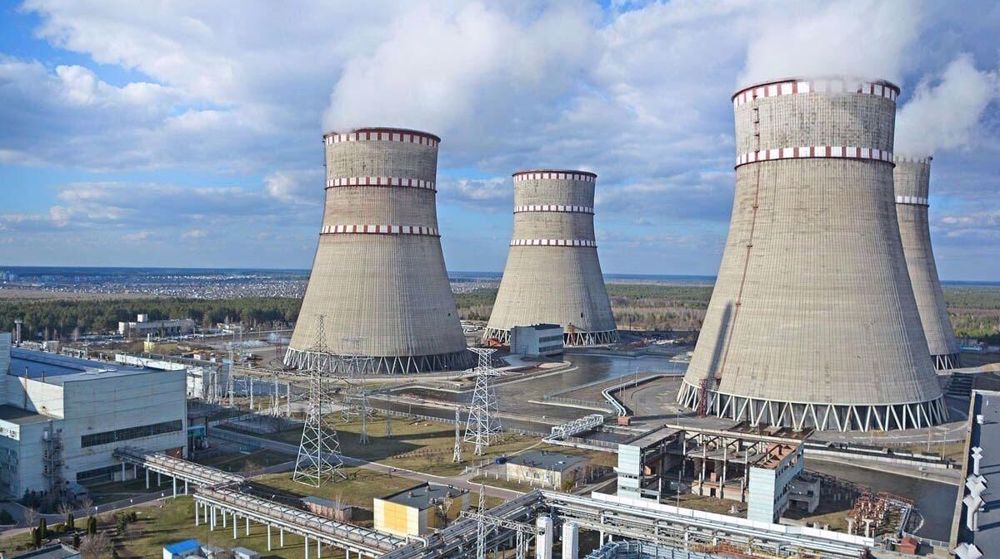
Iran’s thermal power output hit record in year to March
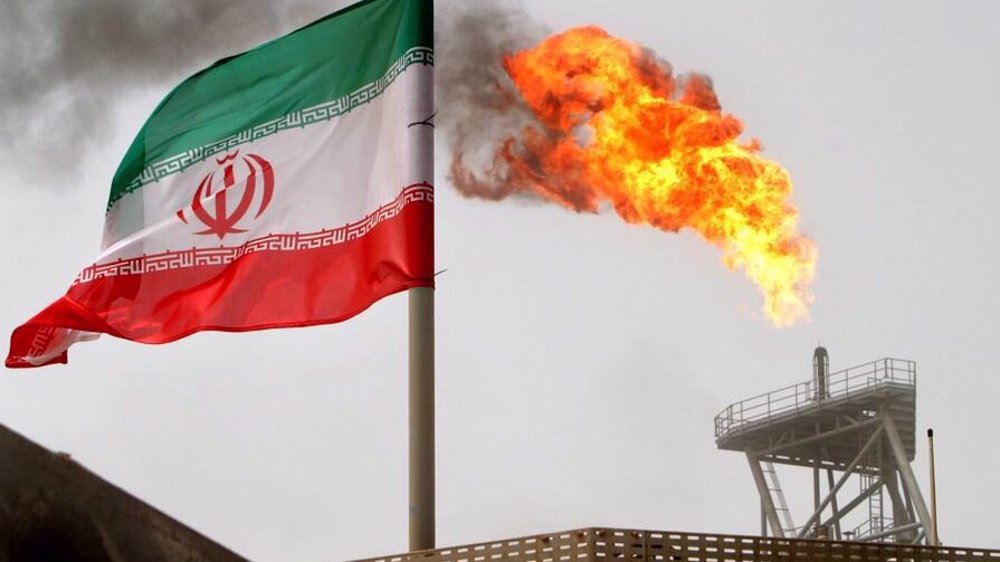
Iran’s oil output rose slightly in March, OPEC data show
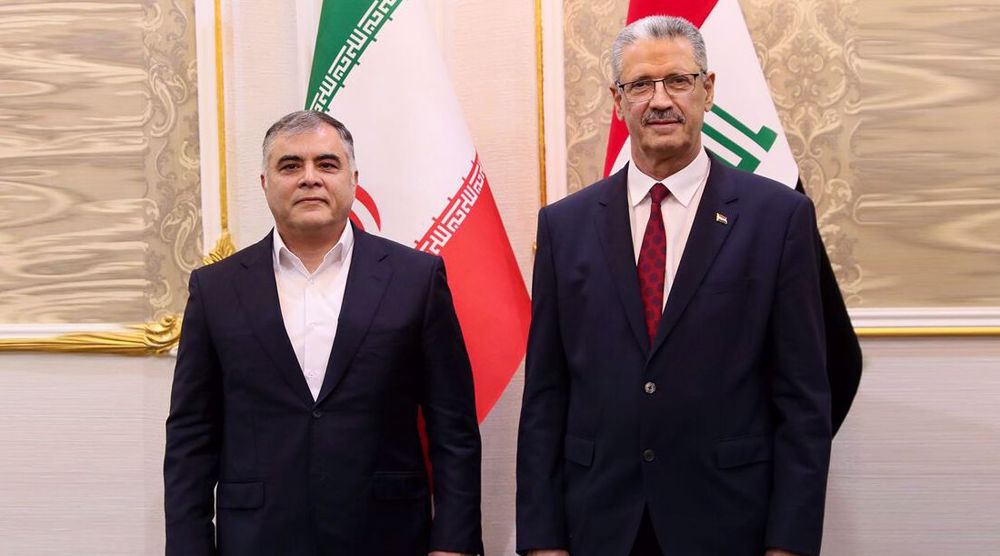
Iran signs contract to convert Iraq’s flare gas into petchem feedstock
Columbia graduate detained without evidence of wrongdoing
Israel targets photojournalist’s home in ‘relentless’ Gaza bombing
US intensifies bombing Yemen amid ground invasion plans
Scores of Syria Alawites killed as HTS sectarian violence continues
US approves potential sale of Stinger missiles to Morocco
Iran summons Argentine envoy over accusations against top officials
VIDEO | Rally against another Columbia student arrest held in New York
VIDEO | Press TV's news headlines


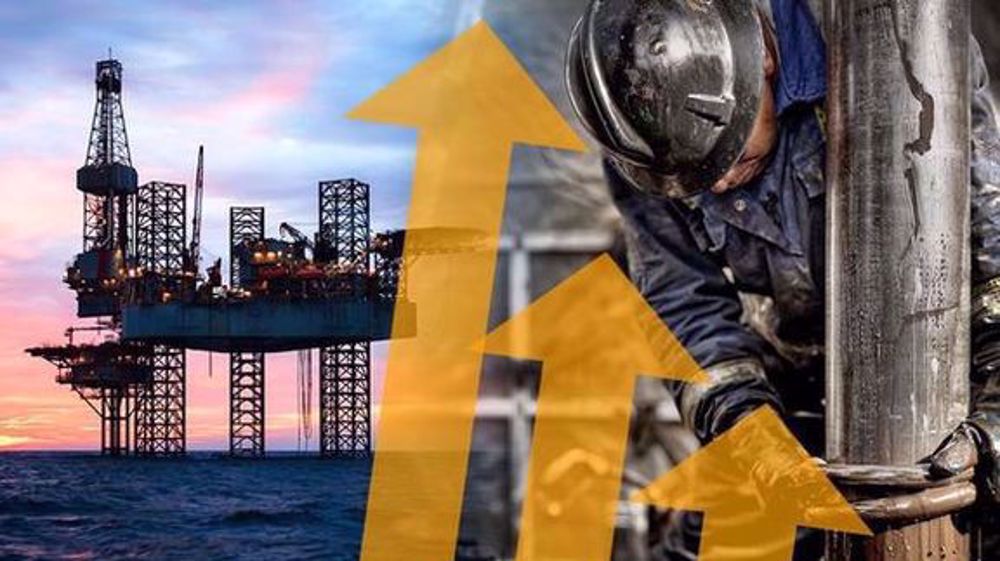
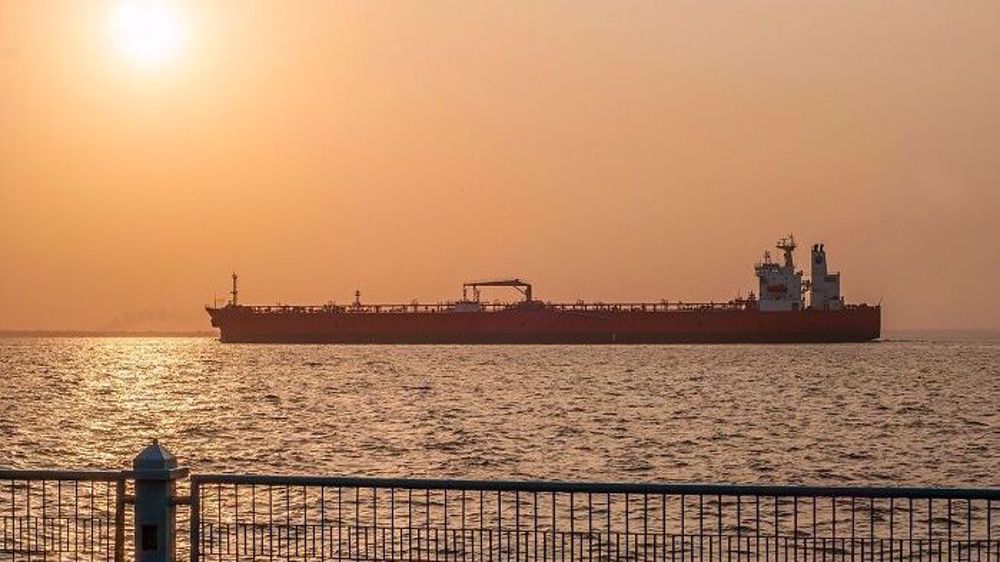




 This makes it easy to access the Press TV website
This makes it easy to access the Press TV website